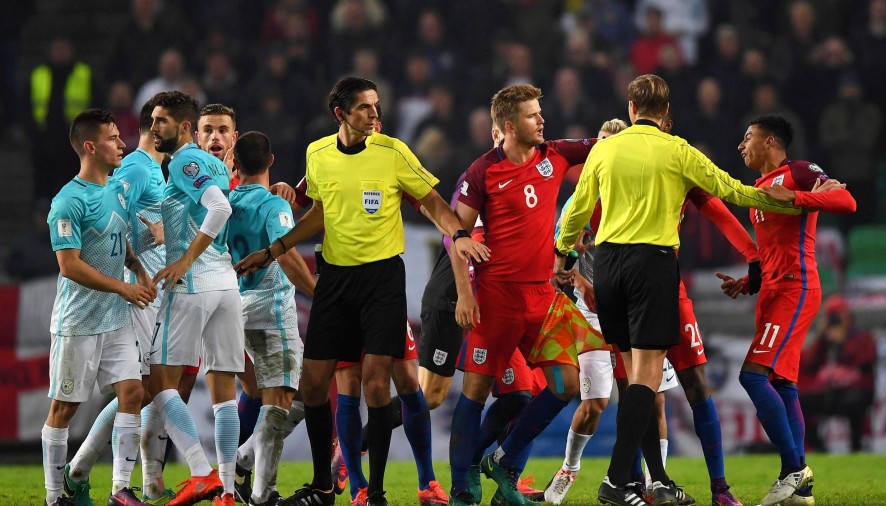As domestic football has resumed, with entertainment and goals aplenty, there is a strong argument to claim that the recent international break is unnecessary and that there has therefore been a serious decline in international football. Indeed, Harry Redknapp even had his say as a guest pundit on BT Sport, saying that he didn’t really bother with England during the break, and was very excited for Crystal Palace vs West Ham which, in Premier League fixtures, is nothing particularly special.
Clearly, being so accustomed to seeing top matches in the Premier League every week, played at such a high pace and intensity, and then watching England play a team who just sat back and defended all match, is a bit of a let-down for a television audience. Moreover, there are other leagues which produce quality football as well as the financial incentives that go with the Champions League. Indeed, just this week we were treated to game of European football between Barcelona and Manchester City, two huge giants of world football; there is simply no way international teams can match that, certainly not during a mid-season break when there are seldom big fixtures in qualifying groups.
Moreover, it does seem that another reason for the decline is due to the ruling of who can qualify to play for a nation. For example, Diego Costa, who has no Spanish blood, plays for Spain. England have, in the past, enquired about Mikel Arteta and Adnan Januzaj. This makes a mockery of the current international system.
Having said this, there are also many reasons as to why international football has not declined, and the expansion of the number of teams in major tournaments, has, in actual fact, had a positive effect for the smaller nations. Firstly, for all footballers it is an honour to play for your country. To sing the national anthem in front of your supporters is the pinnacle of the career for many.
It has been suggested that the expansion of the teams in the World Cup – much like the expansion of Euro 2016 – will lead to more ‘average’ teams playing instead of testing the best against the best. As a proud Welshman, however, Euro 2016 was everything you could have asked for, and more, though not just because of the semi-final appearance. The fact that three teams could potentially progress from the group took a lot of pressure off Wales. We knew that we could just go onto the pitch and express ourselves, without worrying about picking up points in every match: losing against England was not the end of the world. Indeed, it was only a disappointment due to the way it happened and the deep rivalry between the Welsh and the English. However, there are drawbacks to this qualification system, too. Portugal, the eventual winners, didn’t win a single match in their group. The expansion of teams also led more teams to play defensive football, in a tournament which was probably one of the most boring for a long time and not a good advert for the future of international football, at a time when UEFA and FIFA are trying various things to prevent it from declining.
Another clear reason to argue against the decline of international football is the way the so-called smaller nations, like San Marino, celebrate when they score an away goal, or do something remarkable. This means a lot more to them than being able to watch Liverpool vs Manchester United on a Monday Night. International football, as aforementioned, is still the pinnacle of the career for many footballers, especially those who are not good enough to grace the Premier League. Perhaps the real problem is just here in England. The national side is living in the shadow of the Premier League. Defeat against Iceland and the recent scandal with Sam Allardyce does nothing to lift the spirits. Perhaps the real decline is not of international football in general, it is to be found in a declining English national side, especially when juxtaposed with its domestic league, largely regarded as the best in the world.
James Felton
Photo Credit: AFP/Getty Images

